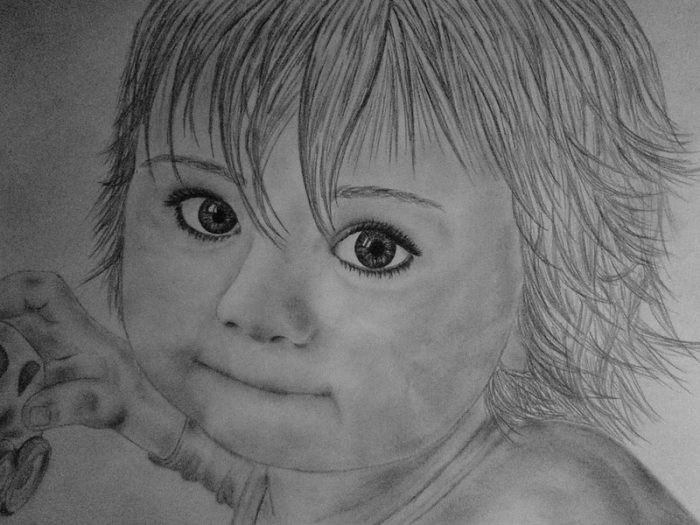Many of us who lived through dysfunction, trauma, and abuse in our childhood carry into our adult lives the weight of a broken relationship with our parents.
We carry the blame of them, believe it is our fault the parent-child relationship is damaged. Whether directly through our actions, or inadvertently through the circumstances we grew up in.
We carry the guilt of them—that if we are to blame, we must then be responsible for repairing the damage. That if we could only find more acceptance, more forgiveness. That if we could only be better children and let the past be the past and move on, then maybe the relationship could be healed.
We carry the wounds of them. Into every aspect of our lives. Into every relationship we have. Into every inadequacy, every failure, every addiction, every wall we build, every offer of love we push away.
We carry the grief of them—the loss at having never been given the love, protection, nurturing, and security we deserved. The pain of betrayal by those who were supposed to protect us. The sorrow of not having the support others receive from their parents, the longing for a life that was never ours, and never will be.
For those of us who have tried to repair parent-child relationships, we carry the disappointment and failure—also, the re-traumatisation as our wounds are reopened. The exhaustion of having to stitch ourselves up once more and hope this time we remain intact.
Because no matter what we suffered, we still carry an inherent loyalty to those whose bodies we were conceived of—those whose cells became our cells, whose features we witness not only in ourselves, but indeed, our own children.
We carry within us the childlike longing for love and approval—the need for a sense of belonging. Of being the beloved son or daughter—cherished and adored and, above all else, wanted.
But we cannot mend what we did not break.
Because the damage does not exist in the context of our adult relationship with our parents. The damage is foundational—existing within the cornerstone of our upbringing. We are not responsible for any damage inflicted on us as a child. It was not our fault. We did not cause it. We did not ask for it. We did not make it happen through anything we did or did not say or do. We were children—innocent and blameless and trusting of those whose role it was to protect us.
It is not our responsibility to fix the relationship with our parents. It never was. It is not our responsibility to continue being the parent, which is what so many of us were forced into as children—to care for our parents through their addictions, through their dysfunctions, through their own inability to be responsible adults. To care for ourselves, as we endured the suffering and shame of abuse and neglect silently—secretly.
We can be open to healing the relationship if this honours the desire of our heart. We can actively work toward reconciliation and restoration if all parties are willing and wanting to do the work. But the work does not begin with us. It begins with them.
It begins with their willingness to take ownership and responsibility for the damage they caused. To be sorry enough to admit their mistakes and wrongdoings.
It begins with them validating our pain. To sit in silence and stillness, and listen as we share the ways their actions hurt and affected us. To not dismiss our words. To not defend their actions. To not tell us we are wrong or discredit or undermine our experiences.
It begins with them asking forgiveness—for acknowledging how their actions have caused us pain and showing genuine remorse and desire to be the parent we need them to be. To do better, to be better. To strive for real and lasting change that allows our relationship to be healthy and functional and does not move it back into negative, unhealthy, or toxic cycles.
This is where the healing needs to begin. The healing cannot come from us—the wounded. It must start with those who inflicted the wounds. It must start with their willingness to see the blood and hold enough remorse to bandage our wounds so that we may no longer continue to bleed. Without this, there is no way forward.
We must let go of the weight that we are responsible for the healing of our relationship with our parents. We must let go of the blame and guilt—the belief this is ours to mend.
We can be open to reconciliation. We can be willing to forgive—if and when we feel able. We can seek forgiveness for ways we may have hurt them in response to our own pain. We can open our heart to acceptance and healing as we find the courage and strength to do so.
But first, we must surrender the idea the relationship is ours to mend. Healing must begin in the hands of those who created the hurt.
Maybe one day we will know reconciliation. Maybe we never will.
Either way, lovely.
~


 Share on bsky
Share on bsky





Read 28 comments and reply